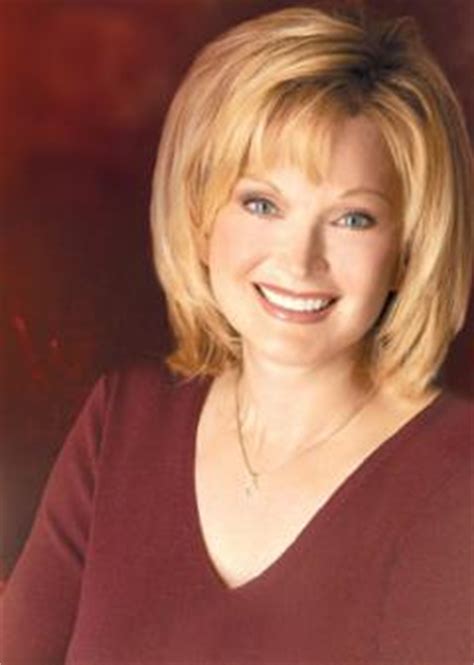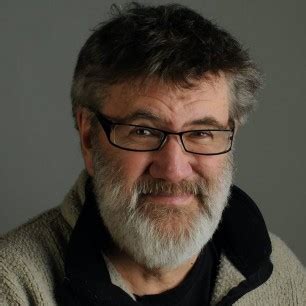A Quote by Rachel Naomi Remen
Healing may not be so much about getting better, as about letting go of everything that isn’t you - all of the expectations, all of the beliefs - and becoming who you are.
Related Quotes
Once we see that everything is impermanent and ungraspable and that we create a huge amount of suffering if we are attached to things staying the same, we realize that relaxing and letting go is a wiser way to live. Letting go does not mean not caring about things. It means caring about them in a flexible and wise way.
The themes that run through all my work are that consciousness is the ultimate reality; and that by understanding consciousness, you understand everything about yourself, about perception, about creativity, about behavior, about relationships. By understanding consciousness, you have the ability to create anything in your world. And you have the ability to influence also the collective consciousness to not only bring about personal healing, but social transformation, and ultimately healing our planet, which happens to be extremely wounded.
Boundaries emerge from deep within. They are connected to letting go of guilt and shame, and to changing our beliefs about what we deserve. As our thinking about this becomes clearer, so will our boundaries. Boundaries are also connected to a Higher Timing than our own. We’ll set a limit when we’re ready, and not a moment before. So will others. There’s something magical about reaching that point of becoming ready to set a limit. We know we mean what we say; others take us seriously too. Things change, not because we’re controlling others, but because we’ve changed.


































